Parenting
"They're just skills!"
Resources
Web-based courses so you can learn what you need, when you need it
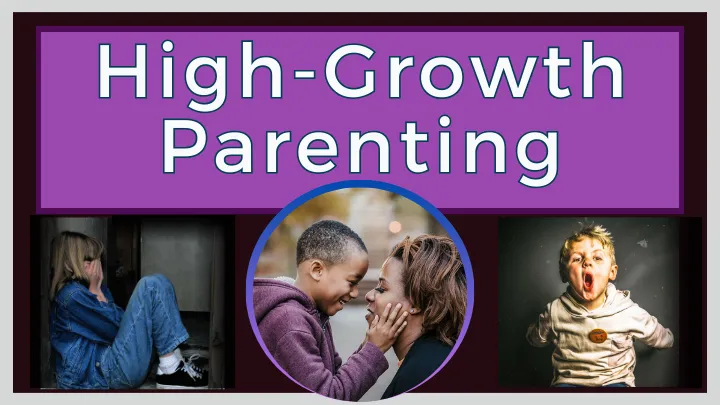
High-Growth Parenting
Traditional parenting approaches often don't work with children who have intense emotions or strong personalities, and can be downright damaging for children who are neurodiverse or have trauma. In this course we start with a parenting method designed to transform even the most difficult relationships and add the wisdom of neuroscience and executive functioning coaching to skillfully adapt to any situation.
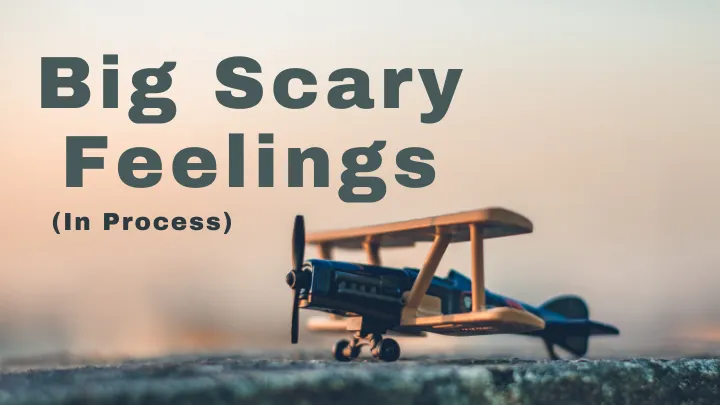
Big Scary Feelings
Having a young child with overwhelming feelings can be difficult. When those feelings lead them to consider suicide or self harm it is normal to feel overwhelmed ourselves. Very few resources exist for those with an elementary-age child struggling with suicidal thoughts and impulses. This is a place to find information and resources but also to share your story and what is helping you and your kid.
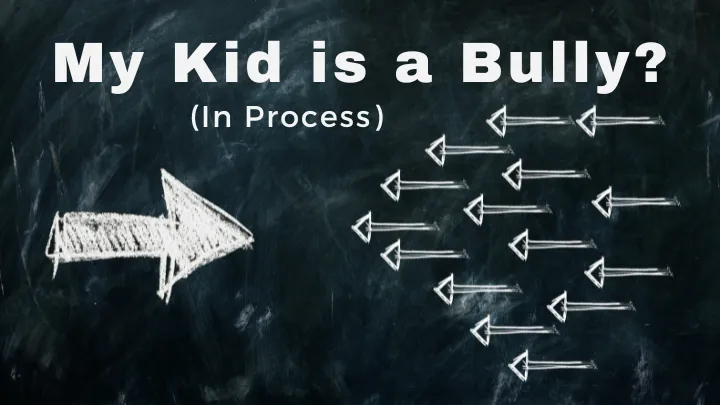
My Kid is a Bully?
There are so many places to go for help if your child is dealing with bullying, but so few resources for those whose children are labeled as bullies. The first impulse of many adults is to shame and distance, which doesn't help. This is a place to find resources about teaching the social skills the child needs, creating closeness and trust, as well as ways to see the situation clearly and figure out how to meet everyone's needs.
High-Growth Parenting
"Nothing works with this child!"
We tried everything, and Nurtured Heart was the only thing that actually worked with our anxious, defiant child. Years later, while reading the work of neuroscientist Daniel Siegel I discovered why the things we were doing are so powerful and we started to hone the approach to help all of our children develop emotional intelligence and resilience.
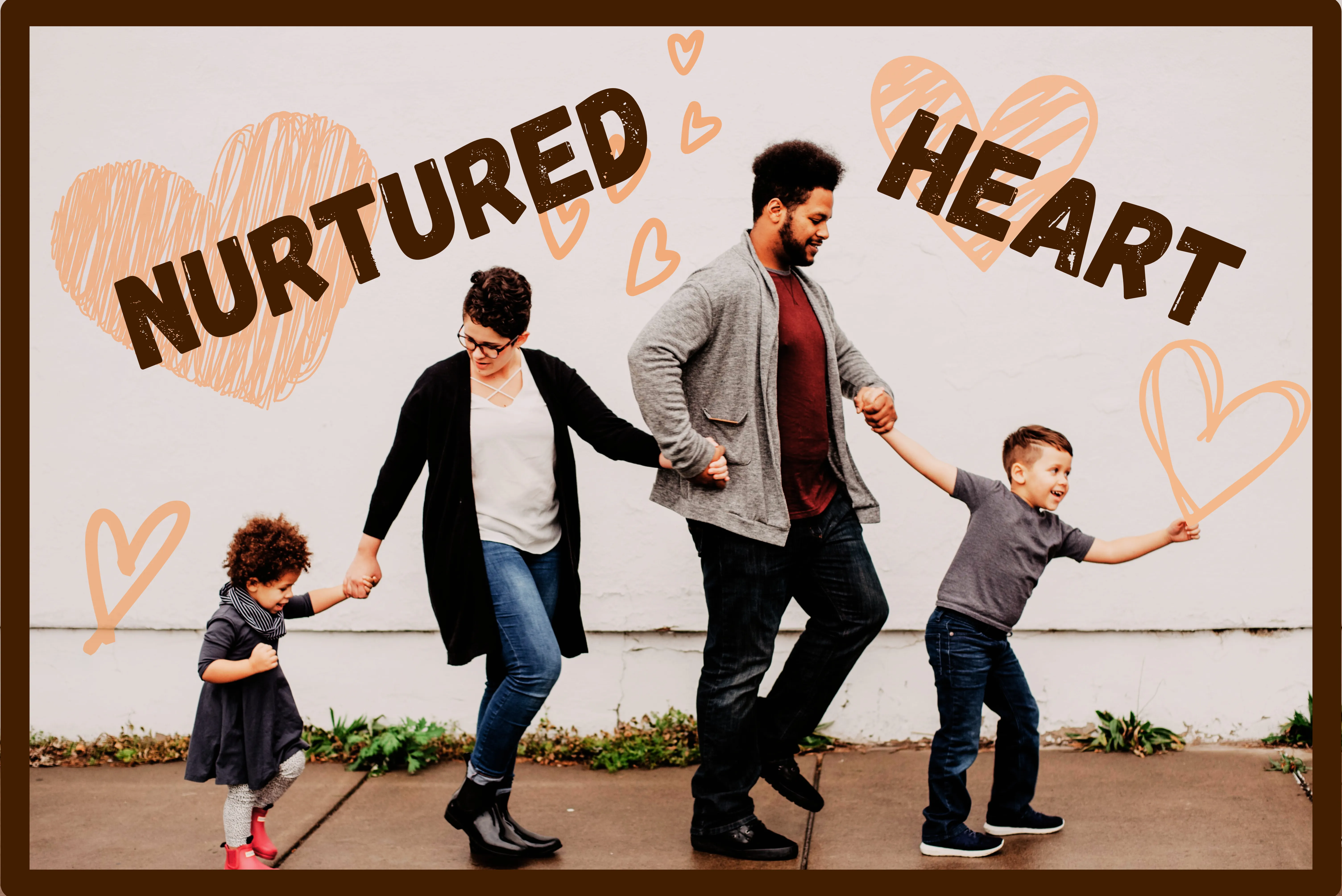
What do I do?
The Nurtured Heart Approach is very clear, simple, and easy to learn. It provides parents with a powerful method to change the energy of their relationship with their child from negative to positive and get out of the daily battles that can happen in even the most loving families. This approach has proven especially effective with children who have mental or emotional struggles or who are especially sensitive or high-need.
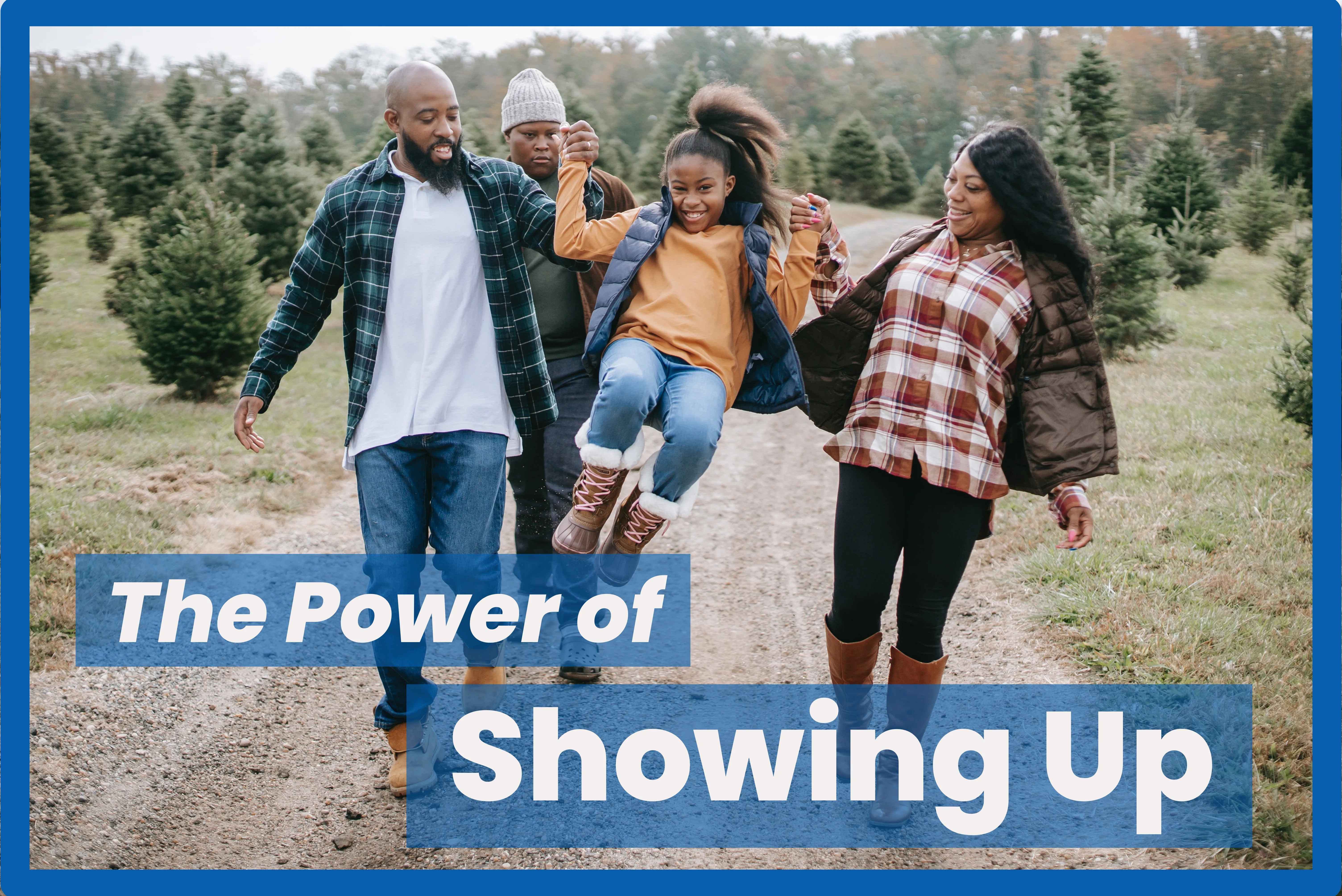
Why does it work?
The Power of Showing Up shares a unique perspective on parenting that takes into account the latest research on how brains work and the influence relationships of different kinds have on brain functioning and brain development. With this information we can use the Nurtured Heart Approach extremely skillfully, not just to change the energy of our relationships but also to build the kind of relationships and teach the kinds of skills that will allow kids to flourish and become successful, engaged, resilient members of our families and of their communities.
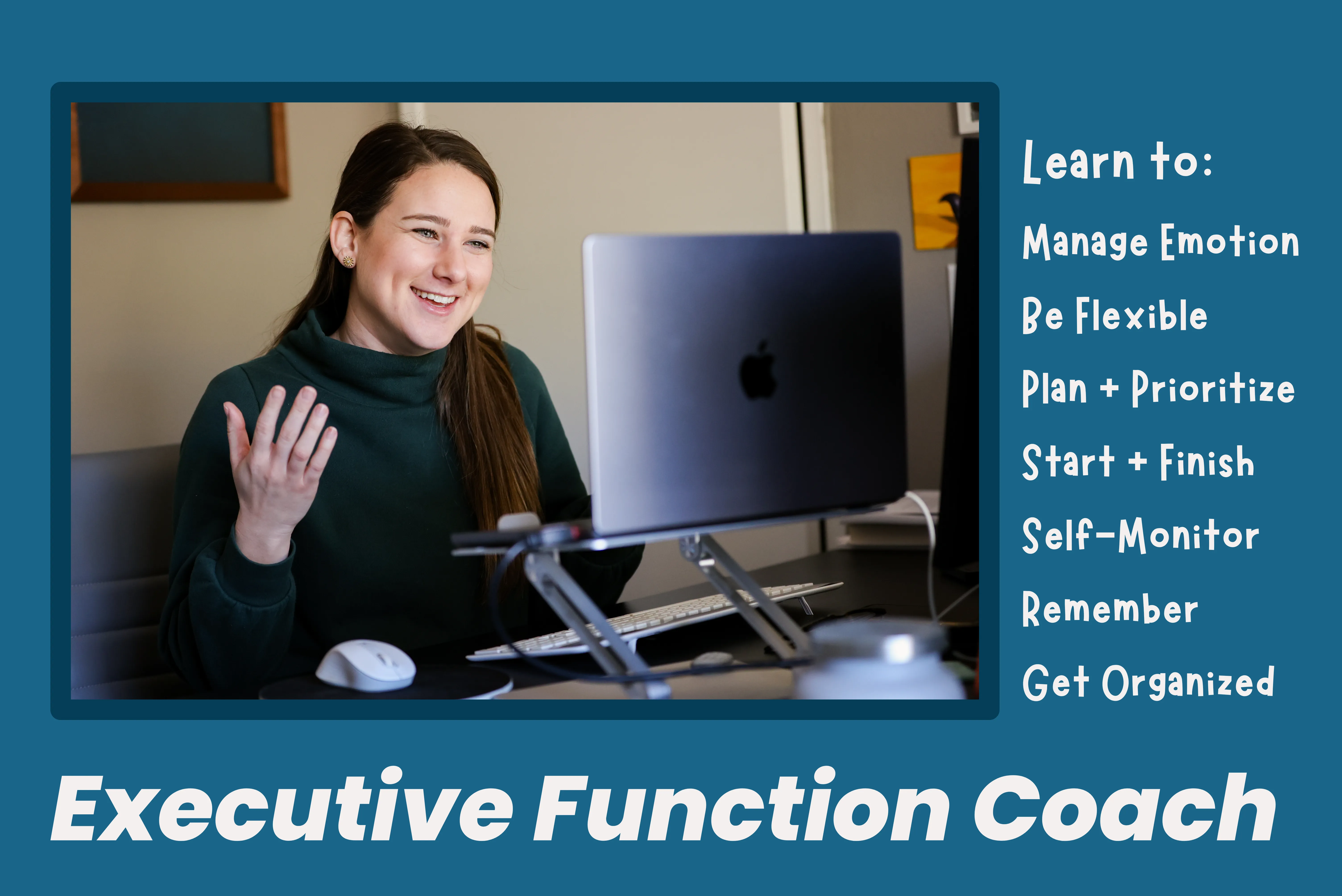
What if my kid is different?
What if I'm different?
Differences need to be accounted for and every parenting approach needs to be adapted to the specific people involved. This course includes extra information and suggestions for people who have more diverse brains, personalities, and ways of being in the world. Madeleine Brown is excited to offer her perspective as a learning specialist and executive function coach. She has over a decade of experience supporting neurodiverse individuals and their families as they navigate the executive functioning challenges that come from ADHD, autism, TBI, mental health disorders, and overwhelming seasons of life.
Big Scary Feelings
"What can I even do if my child is thinking of suicide?"
Every resource I found was either meant for suicidal teens or about a child dealing with someone in the family who was suicidal. I looked it up, every year hundreds of elementary school age children attempt or complete suicide, but I found no resources meant for that age. I felt frightened and lost, not sure what to do or say to help my child.

Truth vs. Myth
There are people studying suicidality in young children, and their findings clear up some of the myths and misunderstandings people have about what is happening and what these children need. In this course we take a look at what experts are saying so we can correct misunderstandings and sift good advice from bad.

What can I do?
Step by step we can promote safety and build resilience. A lot of "safety plans" are meant to prevent problems in the moment, but as parents we are in it for the long game and we need to be strategic and persistent. In this course we provide clear, straightforward steps that will help everyone involved learn/practice resilience skills and build a strong support system.

Sharing experiences
This journey started with a 9 year old boy who didn't know how to ask for what he needed but was brave enough to share how he felt. As we worked together, the imagery he used to describe his experiences was so powerful that I asked if he would share it with others. The result is a moving story specifically for children experiencing big scary feelings, helping them see that they aren't alone and understand how to find the help they need. We hope this will inspire others to share their experiences and add their insights about what is working for them.
Coming Soon!
Still working on this one. Use the Contact page to send an email and we will make sure you are notified when it becomes available.
My Kid is a Bully?
"We are trying so hard to teach kindness and respect, why does this keep happening?"
When we realized that our kid had been labeled as a "bully" we were heartbroken and angry. It was so difficult to figure out what to do because nobody told us the same story about what was happening and we were already doing everything we knew how to do. We knew we needed to understand what led to this behavior, but all the resources we could find were for kids who were being bullied.
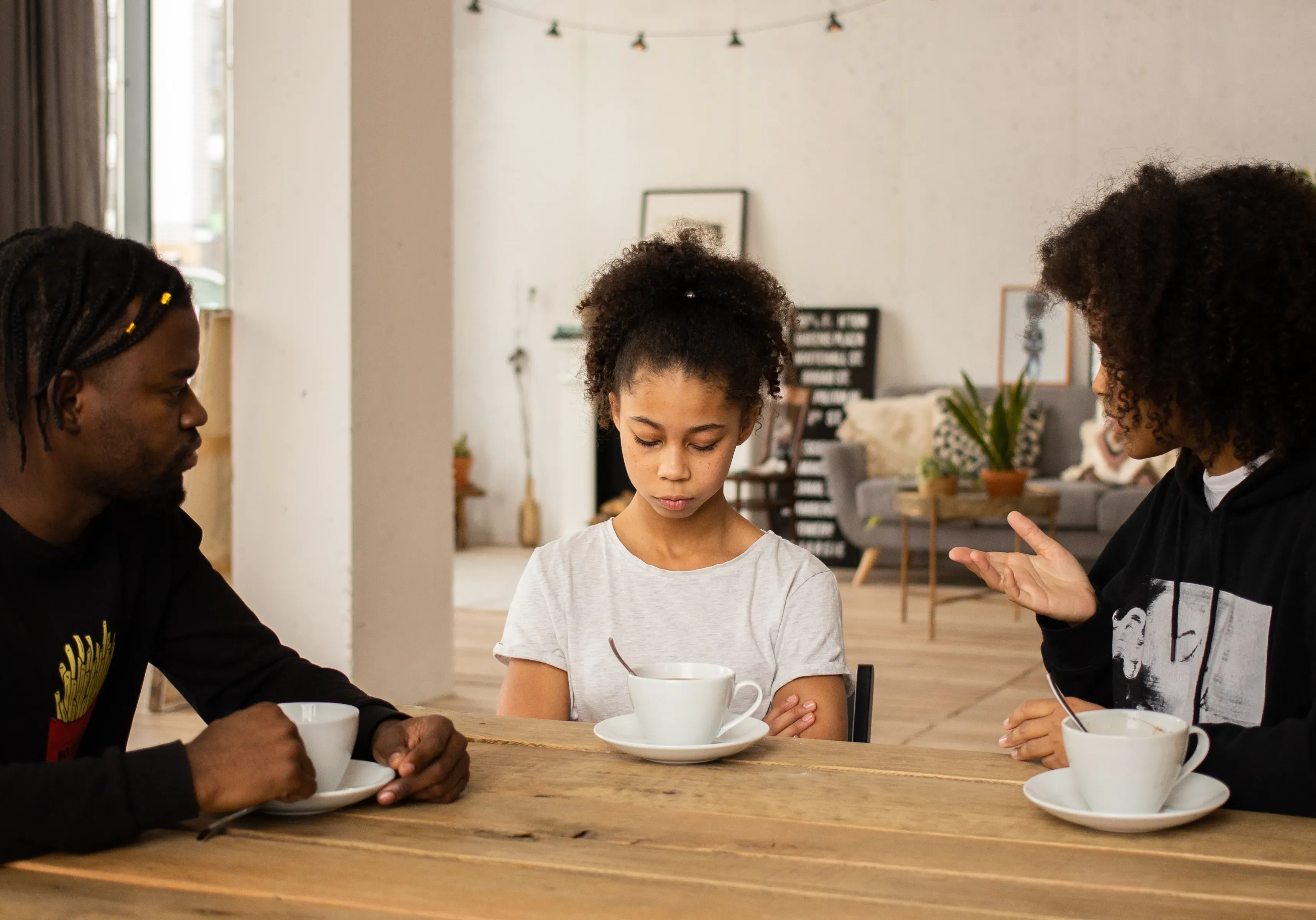
What is going on?
You can't solve a problem you don't understand, and unfortunately once a child is labeled "bully" they start to be treated as a problem to be fixed (controlled) rather than a person to understand and help. That deep understanding is the first vital step to helping, but it is often skipped. This course gives parents powerful tools to get to the root of what is happening with the child's thinking and feeling that leads to their actions.
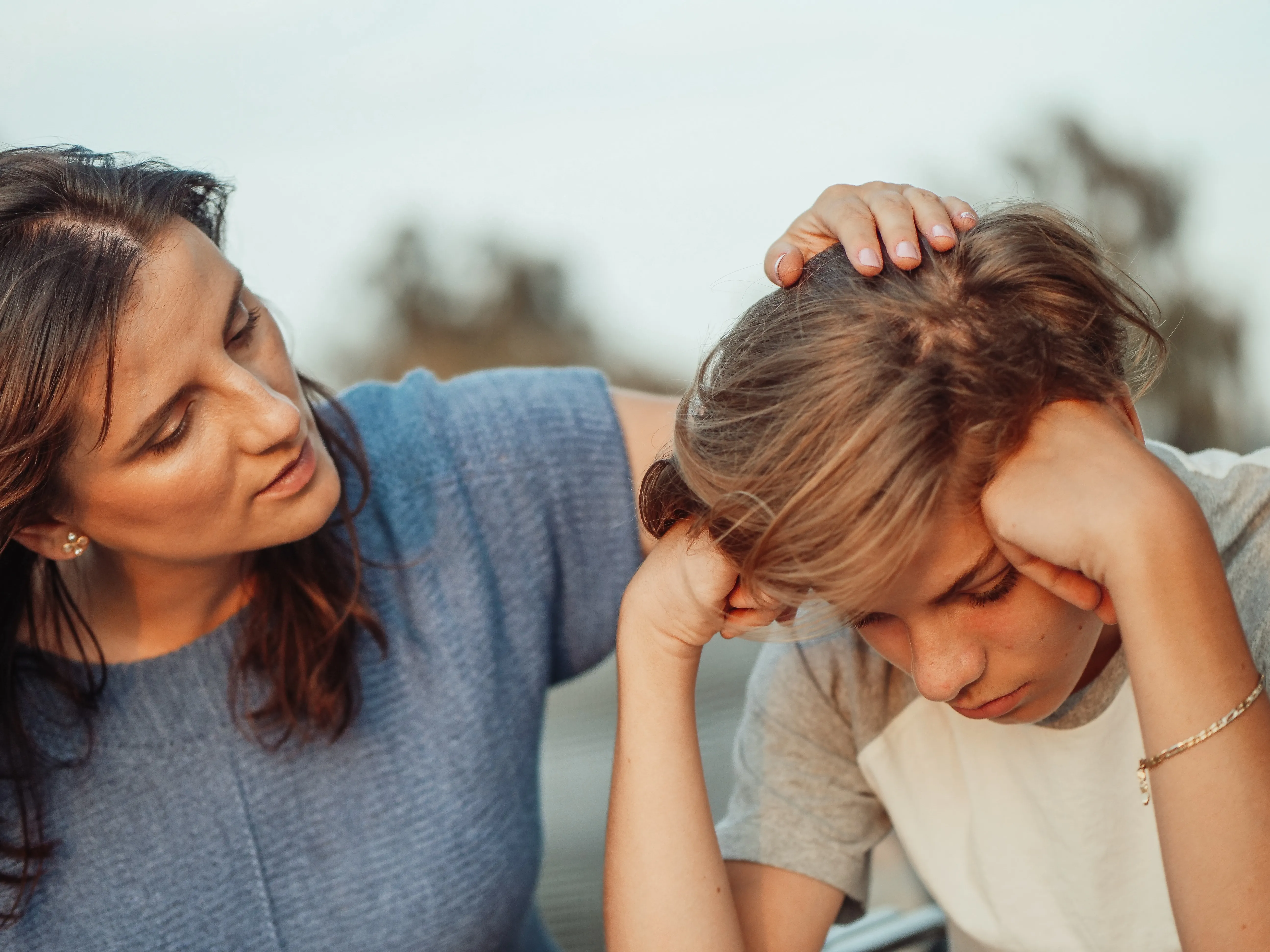
How do I help?
There are specific skills a child can learn which allow them to manage their emotions and meet their needs without hurting others. Many of us simply absorb them, learning and practicing as the people around us use these skills, but some of us need to be specifically taught and given guidance as we practice. There is no shame in this, it's the same for many skills like singing or throwing a ball. For some people it feels natural and some people have to work hard to learn. The problem is that most of us have never learned to teach things like empathy and compassion, or how to deal with big feelings. Here you will find clear, simple guides for teaching these skills.
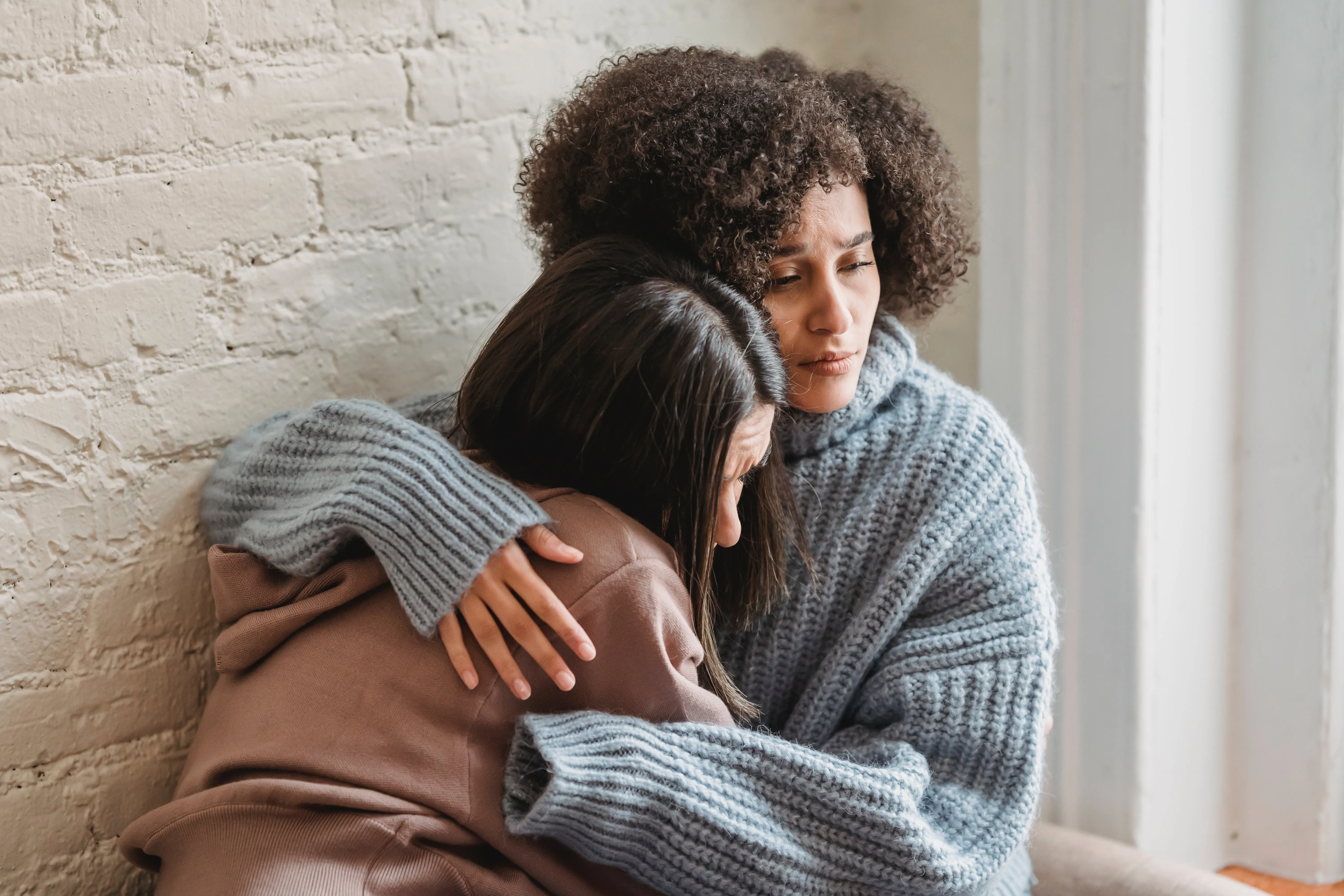
I need support
When a child has been labeled "bully" there can be so many consequences, the worst of which is being treated as bad and being isolated. That can extend to their family, especially parents. Not only are you dealing with an extremely stressful situation, you are also being judged and rejected. That’s not fair. You are working hard to figure things out and you need extra support (not isolation) as you help your child. In this course we will share links to communities and resources that can help you get through this instead of judging you for what you are going through.
Coming Soon!
Still working on this one. Use the Contact page to send an email and we will make sure you are notified when it becomes available.

